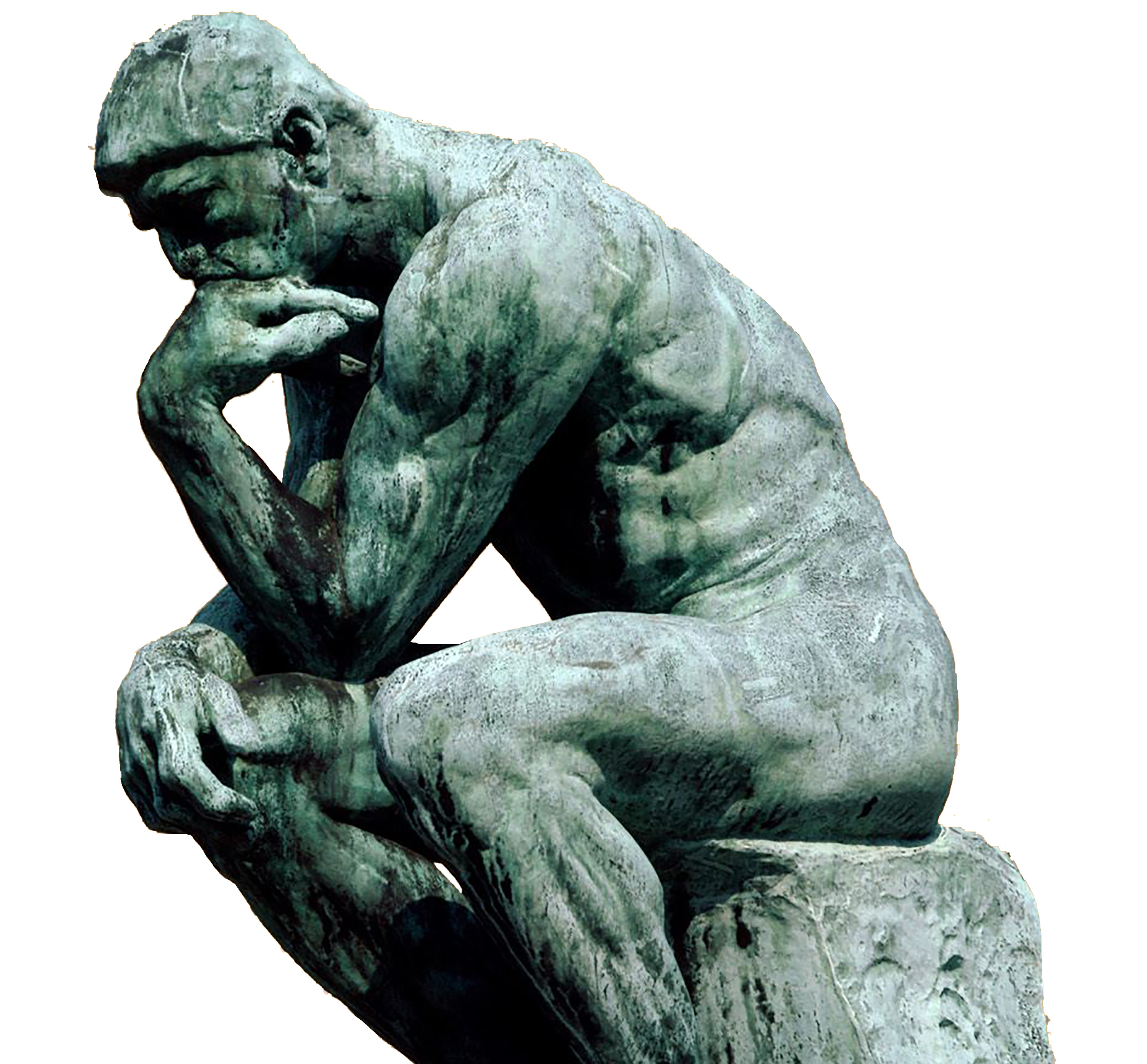First Level: Paraphrasing a Text, Civil Disobedience
In this set of activities you will be both paraphrasing and explicating
the thesis of several classic texts. You will paraphrase each excerpt
section by section, followed by explicating the texts by stating your
understanding of each one in your own words, then elaborating,
exemplifying and illustrating them. In other words, for each of the
texts in this section, you will begin by articulating them in your own
words, sentence by sentence, or in parts, as we have presented
them. Then you will explicate each one at level two.
After writing out your paraphrases in your own words, and explicating them, click on the thinker icon to see our specimen answers. You will first read the text as a whole at the beginning of each section, along with its background information, and then you will find the same text divided into parts for your practice.
After writing out your paraphrases in your own words, and explicating them, click on the thinker icon to see our specimen answers. You will first read the text as a whole at the beginning of each section, along with its background information, and then you will find the same text divided into parts for your practice.
Civil Disobedience
Background Information:
This is the opening paragraph of an essay on “Civil Disobedience,” originally written in 1849 by Henry David Thoreau, a well-known figure in nineteenth century American cultural and literary thought.
I heartily accept the motto, — “That government is best which governs least;” and I should like to see it acted up to more rapidly and systematically. Carried out, it finally amounts to this, which also I believe, “That government is best which governs not at all,” and when men are prepared for it, that will be the kind of government which they will have. Government is at best but an expedient; but most governments are usually, and all governments are sometimes, inexpedient. The objections which have been brought against a standing army, and they are many and weighty, and deserve to prevail, may also at last be brought against a standing government. The standing army is only an army of the standing government. The government itself, which is only the mode which the people have chosen to execute their will, is equally liable to be abused and perverted before the people can act through it.
Background Information:
This is the opening paragraph of an essay on “Civil Disobedience,” originally written in 1849 by Henry David Thoreau, a well-known figure in nineteenth century American cultural and literary thought.
I heartily accept the motto, — “That government is best which governs least;” and I should like to see it acted up to more rapidly and systematically. Carried out, it finally amounts to this, which also I believe, “That government is best which governs not at all,” and when men are prepared for it, that will be the kind of government which they will have. Government is at best but an expedient; but most governments are usually, and all governments are sometimes, inexpedient. The objections which have been brought against a standing army, and they are many and weighty, and deserve to prevail, may also at last be brought against a standing government. The standing army is only an army of the standing government. The government itself, which is only the mode which the people have chosen to execute their will, is equally liable to be abused and perverted before the people can act through it.
Now that you have read the full text above, you will find the same
text in sections below. Write out your paraphrase of each section in
the box provided. Then see our specimen answers by clicking on the thinker icon.
I heartily accept the motto, — “That government is best which governs least;” and I should like to see it acted up to more rapidly and systematically.

Carried out, it finally amounts to this, which also I believe, — “That government is best which governs not at all”...

...and when men are prepared for it, that will be the kind of government which they will have.

Government is at best but an expedient; but most governments are usually, and all governments are sometimes, inexpedient.

The objections which have been brought against a standing army, and they are many and weighty, and deserve to prevail, may also at last be brought against a standing government. The standing army is only an army of the standing government. The government itself, which is only the mode which the people have chosen to execute their will, is equally liable to be abused and perverted before the people can act through it.
